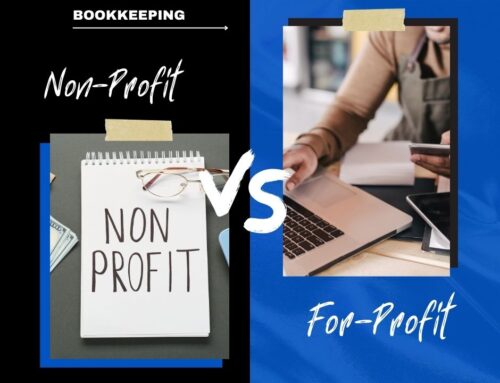If you’re considering forming a non-profit, the key is in the planning stages and following the right steps that, historically, have proven successful.
For example, when it comes to preparing documents, filing for incorporation and setting up bylaws, it’s crucial to understand the laws affecting your non-profit. What’s more, it’s learning how to navigate specific tax regulations as well as filing instructions.
Tax-exempt filing: federal and state…
Before you completed your articles of incorporation, and file them with the appropriate department in your locale, it’s important to understand what your tax-exempt status is all about.
For starters, you must fill out IRS Form 1023 to establish your 501(c)3 status. Don’t forget that earnings from your non-profit can not benefit any private interests, such as family members of the founder, or shareholders.
Too, make sure you’ve set up your non-profit within the guidelines of the state you will be operating in.
Additionally, be sure to use the document showing your tax-exempt status when buying supplies, or even purchasing media, such as radio spots and other media.
Bylaws: a critical component to the non-profit…
Without a proper set of bylaws in place, the process of hiring, and firing, can become a slippery slope for your organization.
‘Bylaws’ will provide the hiring roadmap, a guideline for filling those all-important seats on your board of directors. How many will be appointed? Or, will they be elected. And if someone steps down, how will they be replaced?
Who will keep your books?
As the Entrepreneur website points out in their article on forming a nonprofit, “a bookkeeper is essential” to handle the daily tasks of entering deposits, paying invoices, doing payroll and making sure the correct taxes are paid on time.
An important component, too, may be the tracking of donations and pledges.
When that next level of financial reports is necessary, nonprofits should consider the use of a CPA — as well as a CFO — who will prepare taxes and help ready the organization for any upcoming audits.
Please contact us to learn more about the nonprofit bookkeeping process.




